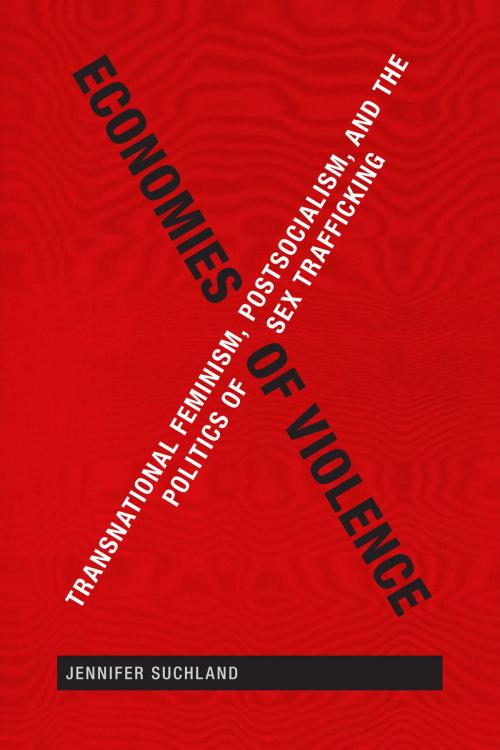Economies of Violence
Transnational Feminism, Postsocialism, and the Politics of Sex Trafficking
Nonfiction, History, Eastern Europe, Social & Cultural Studies, Social Science, Gender Studies, Women&| Author: | Jennifer Suchland | ISBN: | 9780822375289 |
| Publisher: | Duke University Press | Publication: | July 23, 2015 |
| Imprint: | Duke University Press Books | Language: | English |
| Author: | Jennifer Suchland |
| ISBN: | 9780822375289 |
| Publisher: | Duke University Press |
| Publication: | July 23, 2015 |
| Imprint: | Duke University Press Books |
| Language: | English |
Recent human rights campaigns against sex trafficking have focused on individual victims, treating trafficking as a criminal aberration in an otherwise just economic order. In Economies of Violence Jennifer Suchland directly critiques these explanations and approaches, as they obscure the reality that trafficking is symptomatic of complex economic and social dynamics and the economies of violence that sustain them. Examining United Nations proceedings on women's rights issues, government and NGO anti-trafficking policies, and campaigns by feminist activists, Suchland contends that trafficking must be understood not solely as a criminal, gendered, and sexualized phenomenon, but as operating within global systems of precarious labor, neoliberalism, and the transition from socialist to capitalist economies in the former Soviet Union and Eastern Bloc. In shifting the focus away from individual victims, and by underscoring trafficking's economic and social causes, Suchland provides a foundation for building more robust methods for combatting human trafficking.
Recent human rights campaigns against sex trafficking have focused on individual victims, treating trafficking as a criminal aberration in an otherwise just economic order. In Economies of Violence Jennifer Suchland directly critiques these explanations and approaches, as they obscure the reality that trafficking is symptomatic of complex economic and social dynamics and the economies of violence that sustain them. Examining United Nations proceedings on women's rights issues, government and NGO anti-trafficking policies, and campaigns by feminist activists, Suchland contends that trafficking must be understood not solely as a criminal, gendered, and sexualized phenomenon, but as operating within global systems of precarious labor, neoliberalism, and the transition from socialist to capitalist economies in the former Soviet Union and Eastern Bloc. In shifting the focus away from individual victims, and by underscoring trafficking's economic and social causes, Suchland provides a foundation for building more robust methods for combatting human trafficking.















